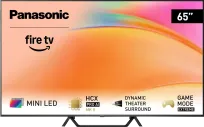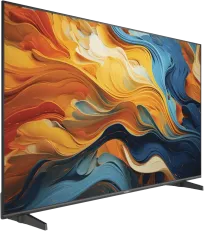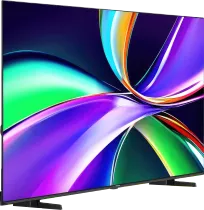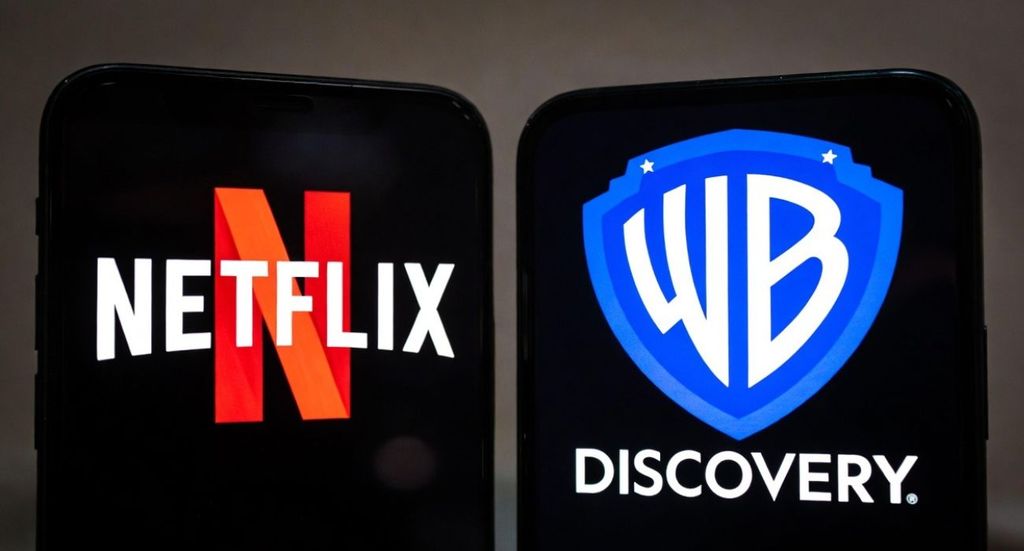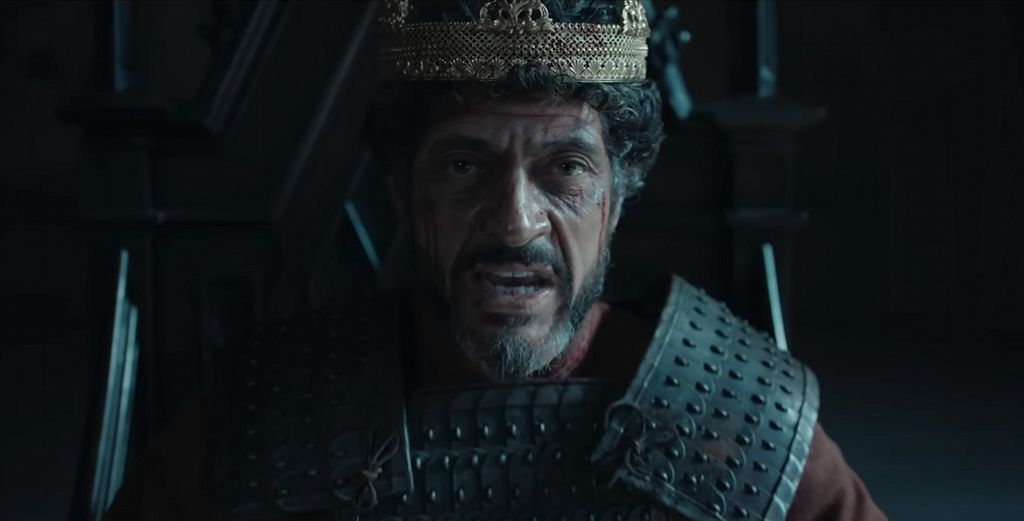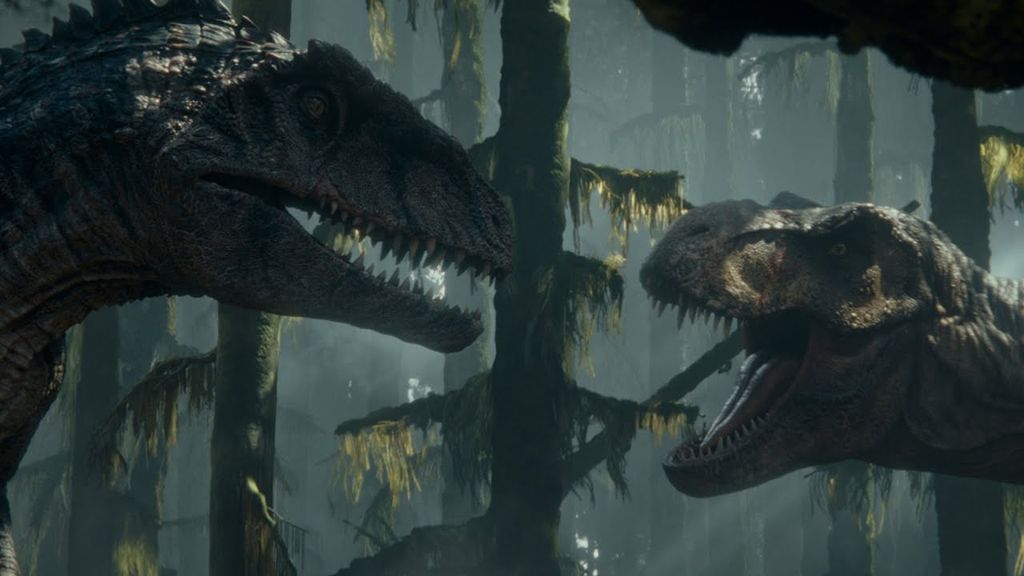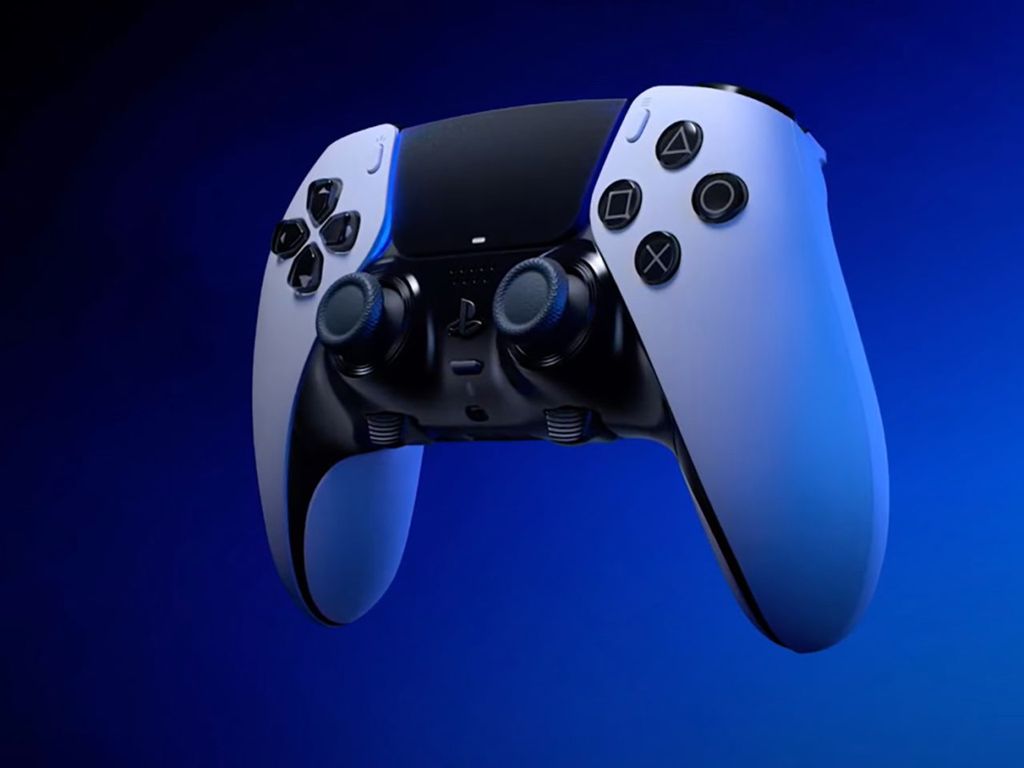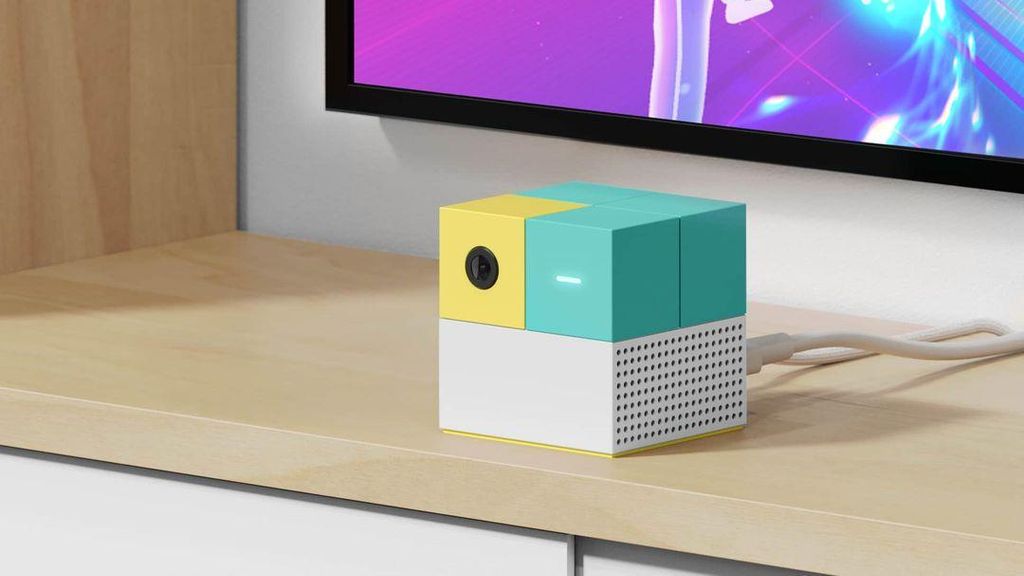
When PlayStation spent over 300 million dollars on a single game and realized something the industry had been reluctant to admit for years: keeping players in closed ecosystems is no longer profitable. Meanwhile, when Phil Spencer announced that there were no longer any "red lines" regarding the transfer of Xbox titles to competing platforms, the gaming world trembled. And shortly after... everything became clear. Exclusivity is dying – before our eyes.
Once: "Got a bad console? You won't play"
In the past, everything was simpler. Want to play God of War? Buy a PlayStation. Dreaming of Halo? You need an Xbox. Games were like entry tickets to exclusive clubs – those with the right console had access. Today, everything is falling apart. Too much has changed. Too much money is at stake. And contrary to what many believed – Microsoft was the first to throw down the gauntlet.
Microsoft breaks the dam. Xbox without borders
February 2024. Four titles from the Xbox family – Pentiment, Hi-Fi Rush, Grounded, and Sea of Thieves – are coming to PlayStation and Nintendo Switch. This was not a one-time move. It was the first step in a complete strategy shift. Phil Spencer stated clearly: there are no more barriers. If a game makes business sense outside of Xbox – it will go there. Just like that.
It didn't take long. Gears of War: Reloaded and Forza Horizon 5 join the march to PlayStation. Insiders like Jez Corden say outright: exclusivity at Microsoft is a thing of the past.
The decision didn't come from nowhere. Xbox has long been selling more than just hardware. Xbox sells... subscriptions. Game Pass today has 38 million users (data from June 2025). And the numbers don't lie: the more players, the bigger the profit – regardless of whether they're playing on Xbox, PlayStation, or a touchscreen fridge.
And soon, more releases from Xbox Game Studios may land on PS5 – Indiana Jones and the Great Circle or The Outer Worlds 2 are just the beginning.
Sony has long stopped staying in its sandbox
If you think Sony will be the last bastion of "only on PlayStation," you've missed the last two years. The Japanese giant has also realized that keeping hits exclusive to one platform is a risk, not an advantage. The official PlayStation Studios account on Steam? It's not a curiosity. It's an open store with AAA hits.
The Last of Us Part II Remastered, Spider-Man 2, Stellar Blade, Horizon, and even Days Gone – all available on PC. Often at higher resolutions and with better framerates than on PS5.
Why? Because the cost of making a single game is now even 300 million dollars (Spider-Man 2 – data from the Insomniac Games leak). And suddenly... closing off to one platform is simply a bad investment.
Subscriptions: the real atomic bomb of the gaming market
But the biggest change isn't even the new platforms. It's a new way of playing. Once, a game cost 300 PLN and you had to count every purchase. Today? Xbox Game Pass provides access to hundreds of games for a few dozen PLN a month. And – most importantly – you get new releases right on release day. This changes everything.
The subscription market has explosive potential. From $10.1 billion in 2023 to over $21 billion in 2030. An annual growth rate of 11.3% – this is no longer a trend. This is the new standard.
Microsoft knows that Game Pass is gold. That's why "day one" releases and new subscription tiers are just the beginning. Ultimate is now the only package that provides full access to the entire ecosystem – and it's no coincidence.
Playing Without Borders. Cross-Platform as a Foundation
Cross-play is no longer a bonus – it's a foundation. Fortnite, Rocket League, Minecraft – each of these titles has shown that players do not want barriers. They want to play together. Regardless of the hardware. And the data confirms this:
77% of players use more than one platform
Over 395 million people played in the cloud in 2024
By 2027, this number will rise to nearly 500 million
When everything works through streaming, the boundaries between PS5, Xbox, PC, or Switch 2 become... arbitrary. The same game is streamed from the cloud. It doesn't matter what you play on.
Exclusivity? Only for those who don't look to the future
Cloud gaming, multiplatform support, subscriptions – this is not the future. This is the present. Exclusivity was an artificial boundary created by marketers. Today, gamers vote with their wallets and voices – and they want one thing: to play without limitations. And it looks like they are finally getting what they have deserved for years.
Xbox understood this first. Sony right after. Nintendo? They'll wait, but they won't escape. In 2026, we won't be asking "what are you playing on?", but "do you want to play together?".
Source: ppe.pl
 Katarzyna Petru
Katarzyna Petru
